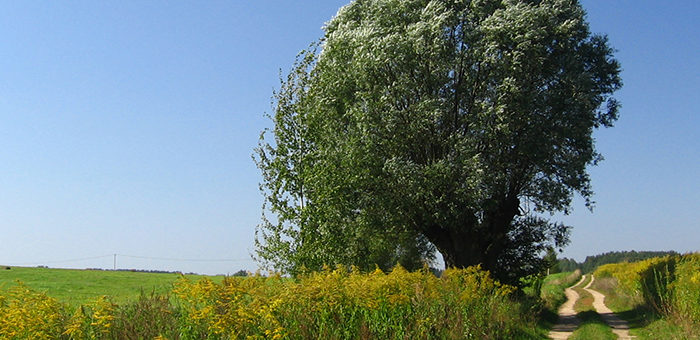
The biblical mandate to care for God’s earth and the people who depend upon it is clear. In 1970 the NAE declared that “those who thoughtlessly destroy a God-ordained balance of nature are guilty of sin against God’s creation.”[1] In 2004 we affirmed that “government has an obligation to protect its citizens from the effects of environmental degradation. This involves the urgent need to relieve human suffering caused by bad environmental practice.”[2]
A changing climate threatens the lives and livelihoods of the world’s poorest citizens. The NAE commends its publication “Loving the Least of These: Addressing a Changing Environment” for careful and prayerful study by all concerned evangelicals.[3]
In solidarity with evangelical leaders from around the world, we endorse the creation care principles outlined in the Lausanne Cape Town Commitment, which states:
All human beings are to be stewards of the rich abundance of God’s good creation. We are authorized to exercise godly dominion in using it for the sake of human welfare and needs, for example in farming, fishing, mining, energy generation, engineering, construction, trade, medicine. As we do so, we are also commanded to care for the earth and all its creatures, because the earth belongs to God, not to us. We do this for the sake of the Lord Jesus Christ who is the creator, owner, sustainer, redeemer and heir of all creation.
We lament over the widespread abuse and destruction of the earth’s resources, including its bio-diversity. Probably the most serious and urgent challenge faced by the physical world now is the threat of climate change. This will disproportionately affect those in poorer countries, for it is there that climate extremes will be most severe and where there is little capability to adapt to them. World poverty and climate change need to be addressed together and with equal urgency.
We encourage Christians worldwide to:
A) Adopt lifestyles that renounce habits of consumption that are destructive or polluting;
B) Exert legitimate means to persuade governments to put moral imperatives above political expediency on issues of environmental destruction and potential climate change;
C) Recognize and encourage the missional calling both of (i) Christians who engage in the proper use of the earth’s resources for human need and welfare through agriculture, industry and medicine, and (ii) Christians who engage in the protection and restoration of the earth’s habitats and species through conservation and advocacy. Both share the same goal for both serve the same Creator, Provider and Redeemer.[4]
[1] “Ecology,” National Association of Evangelicals, 1970, http://nae.org/ecology/ (accessed October 19, 2015).
[2] For the Health of the Nation: An Evangelical Call to Civic Responsibility (Washington, DC: National Association of Evangelicals, 2004).
[3] Dorothy Boorse, Loving the Least of These: Addressing a Changing Environment (Washington, DC: National Association of Evangelicals, 2011).
[4] “The Cape Town Commitment,” The Lausanne Movement, 2011, http://www.lausanne.org/content/ctc/ctcommitment (accessed October 19, 2015).



 View All Updates
View All Updates 




















